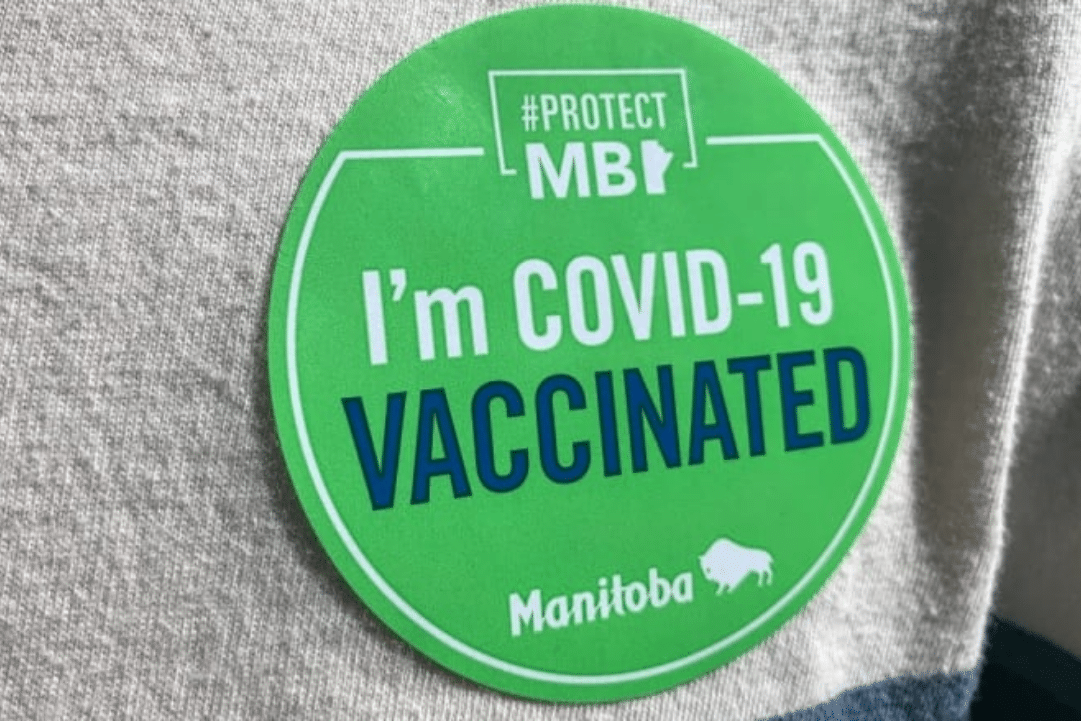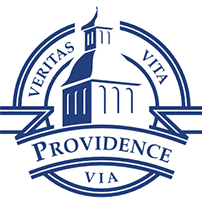by Dr. Rebecca Dielschneider, Assistant Professor of Biology
OTTERBURNE, MB – The COVID-19 pandemic continues. As of mid-June, the Johns Hopkins University’s Center for System Sciences and Engineering has recorded over 3.8 million deaths worldwide. A preliminary report ranked COVID-19 the third leading cause of death in the United States in 2020.
What can we do? We can pray, follow health policies, and we can consider vaccines. In this article, I share my reasons, and the reasons of others within Providence, for receiving a COVID-19 vaccine.
- God Can Use People.
God can work through people. Scripture records many stories where God spoke through people of diverse skillsets, genders, ages, and professions. Likewise, God can work through scientists, nurses, doctors, and other health professionals. The vaccine-affirmative consensus among these experts is demonstrated in the collective statements from science societies and medical organizations. Some experts are people of faith, such as Dr. Francis Collins, director of the National Institutes of Health in the United States. Dr. Collins said these COVID-19 vaccines “are a gift, an answer to prayer” (April 4 2021). I chose to be vaccinated because I see that God is leading experts like Dr. Collins.
- Vaccines are Tested to the Highest Standards.
The companies developing and testing vaccines have followed rigorous guidelines for large randomized controlled trials. Vaccines were submitted to the most difficult assessments available, and the ones that passed with flying colours are the vaccines we have available today. Pharmaceutical companies are proving they have nothing to hide by publishing the results of these trials often and openly. For example, you can read about the Pfizer studies in adolescents of 12-15 years of age and in adults 16 years of age and older. I chose to be vaccinated because I am impressed by the strong and transparent scientific evidence.
- Vaccines Limit the Selection of New Mutant Viruses. Viruses do not replicate on their own. They are replicated inside cells like those of our respiratory system. As viruses are replicated, mistakes occur. As the pandemic continues and infections accumulate, mutant viruses arise. Over the past year, four variants of concern and several more variants of interest have emerged around the world. These are concerning because they are more contagious, and some are more harmful. These all arose when the pandemic was raging before vaccinations were distributed. I chose to be vaccinated because I understand the urgent need to reduce viral infections and limit the selection of new variants.
- We are Called to Love our Neighbours.
COVID-19 is a contagious disease that can pass from one person to another. Vaccines prevent transmission because they suppress the viral load and prevent the development of symptoms (like coughs and sneezes). These decreases make people less contagious. A preliminary preprint not yet published found that transmission was 40-50% lower when the first case in a household was vaccinated, compared to those completely unvaccinated. We know that vaccines don’t protect everyone, but thankfully those that do test positive appear less likely to transmit the disease. As studies continue, we will improve our understanding of transmission. I chose to be vaccinated to protect myself and those around me.
_________________________________________________________________________
Don’t just listen to me! Listen to the people you trust: your healthcare providers, your pastor, and your elected government officials. Listen to people that share accurate information in a compassionate way. Listen to others within our Providence community.
“I made sure to get vaccinated as soon as it was available to me. I wanted to be able to fully and freely engage my new community here in Southern Manitoba, as quickly as possible and without fear that I might unwittingly spread this deadly contagion. I believe that this is in keeping with my faith commitment as a follower of Jesus who called us to care for others and to be concerned for the vulnerable. I hope you’ll join me in this, so that we can serve together soon in fulfillment of our callings.” – Dr. Kenton Anderson, President
“Paul’s counsel in Galatians tells us, “Do not use your freedom as an opportunity for self-indulgence, but through love become slaves to one another. For the whole law is summed up in a single commandment, ‘You shall love your neighbour as yourself’” (Gal. 5:13b-14). In these strange times of the COVID pandemic, the exercise of true Christian freedom takes the form of social distancing and getting vaccinated. For this reason, I was pleased to get my first COVID vaccination as soon as I was eligible. I understand getting vaccinated to be part of my missional calling as a Christian to love my neighbour and look forward to continuing to bless my community through receiving my second shot.” – Dr. Robert Dean, Associate Professor of Theology and Ethics, Editor of Didaskalia
“Getting the vaccine just makes sense to me as it will protect me, my family, friends and others from COVID-19. Vaccines have a long history of success and I want to do my part in contributing to the safety of our community. I am looking forward to when we can be together in person again and getting my vaccine brings us one step closer!” – Jenn Lundy, Enrollment Officer
“My rationale for getting vaccinated came from my understanding of what the vaccine is, what it does, and why it is important to get it. Once you understand this, it should be clear that getting vaccinated is the best solution we have for resolving the pandemic. We know that the vaccine is safe to take. We also know that it is effective in reducing the viral load in vaccinated individuals, which protects you as an individual, as well as those around you through decreasing the transmission of the virus. I encourage everyone to take the step to protect themselves and others.” – Waedon Dueck, Incoming Student Council President
_________________________________________________________________________
Check out these excellent sources of information on COVID-19 vaccines.


